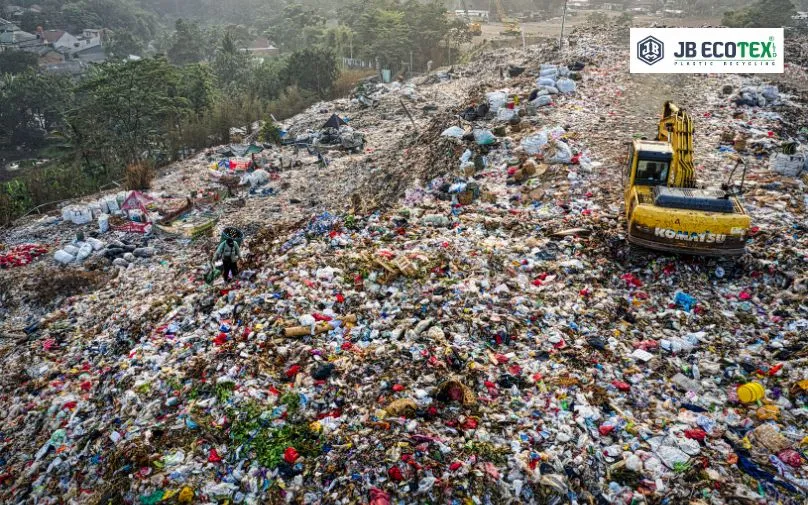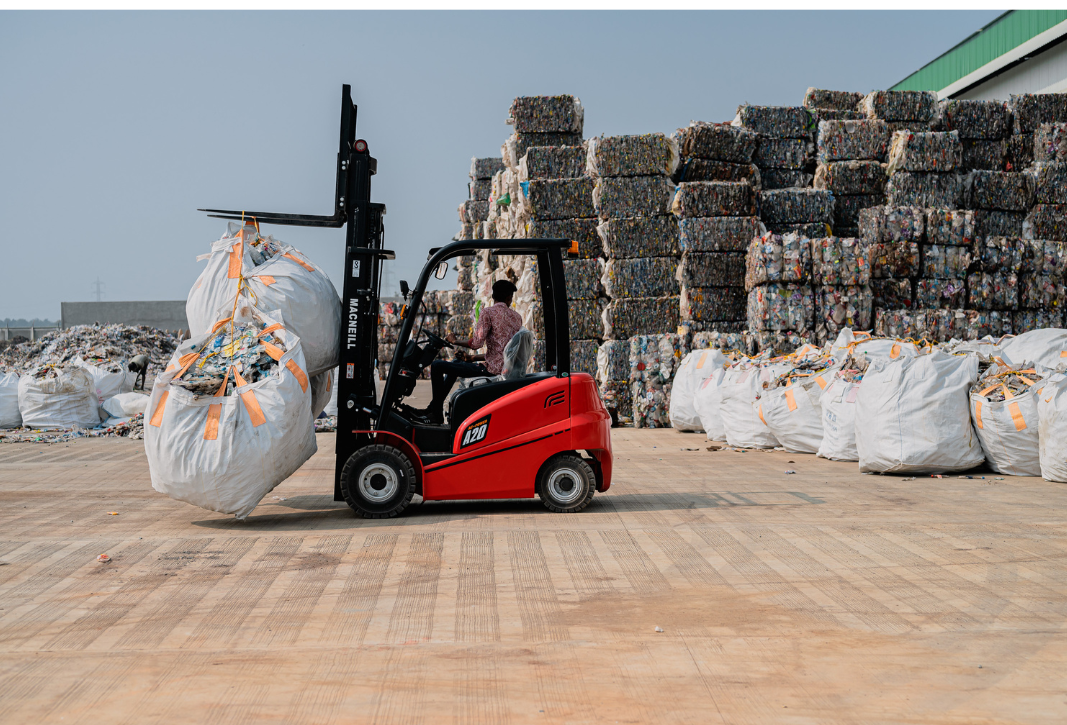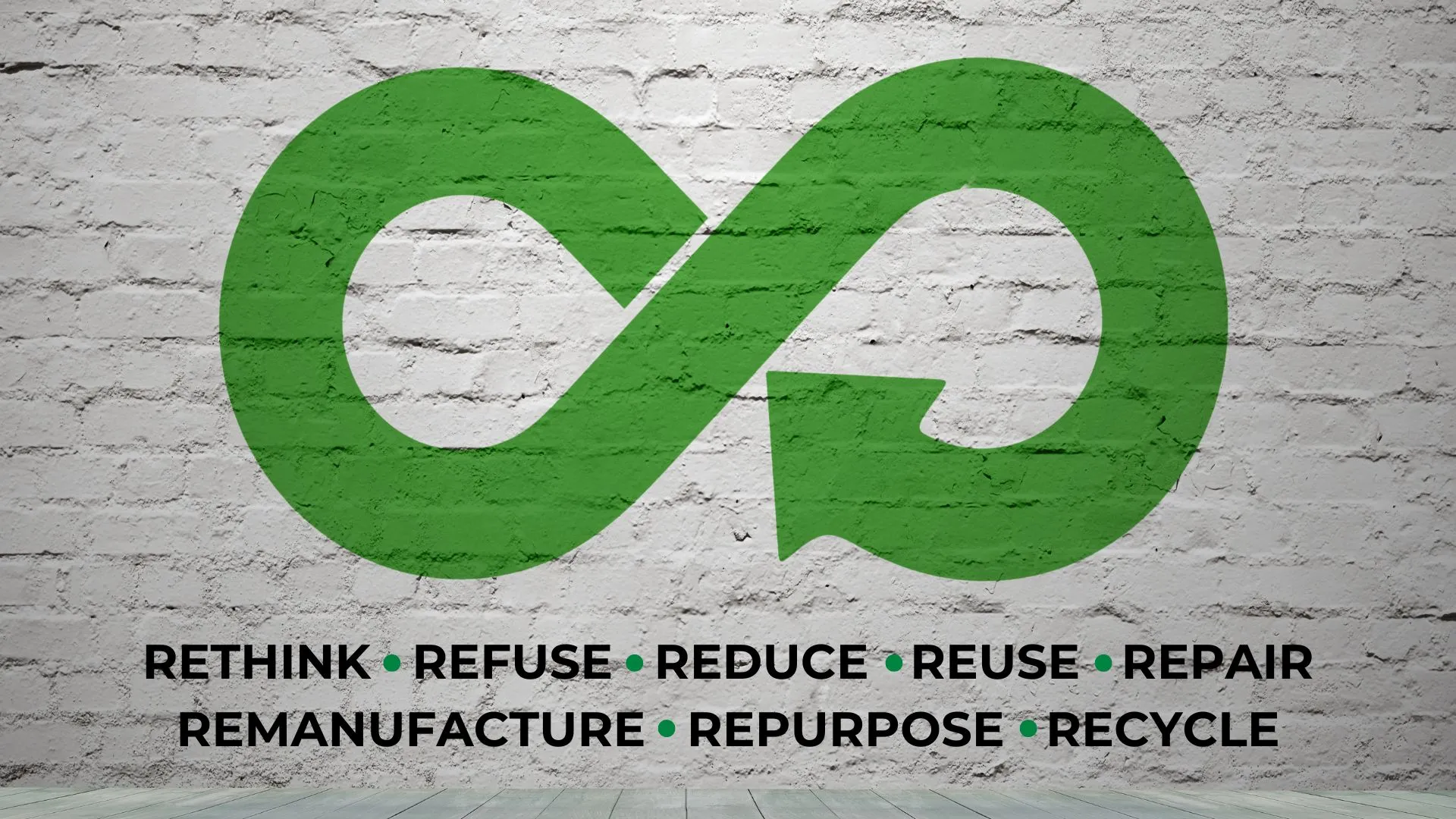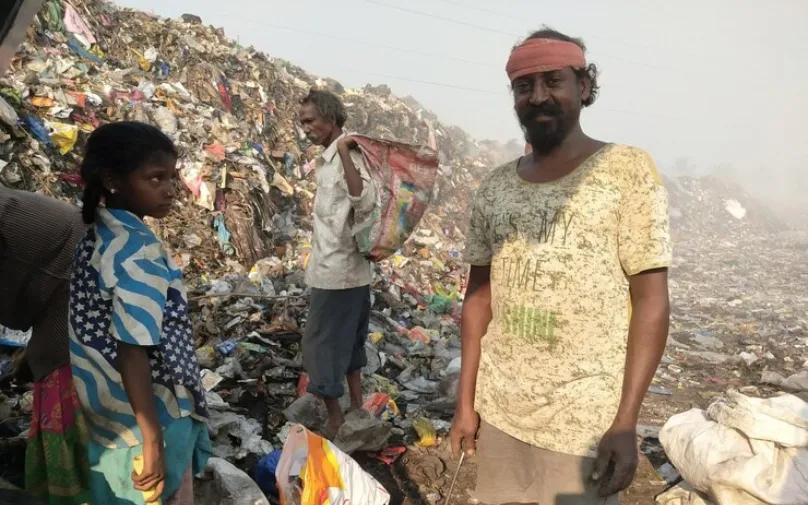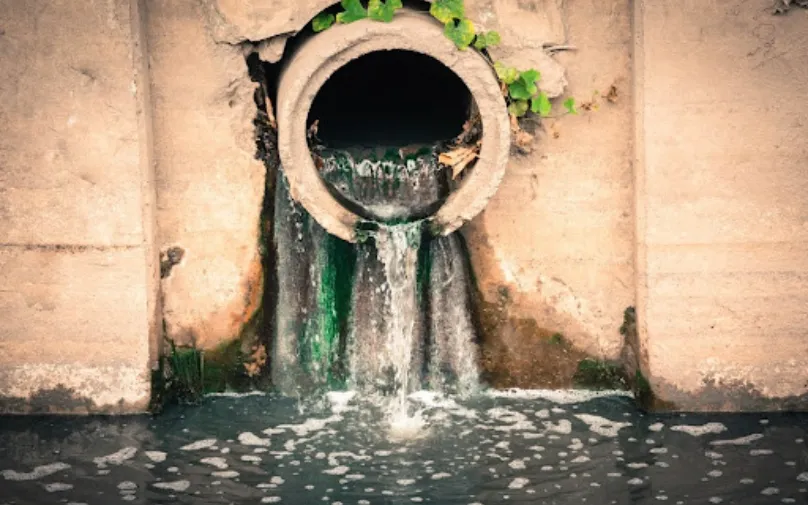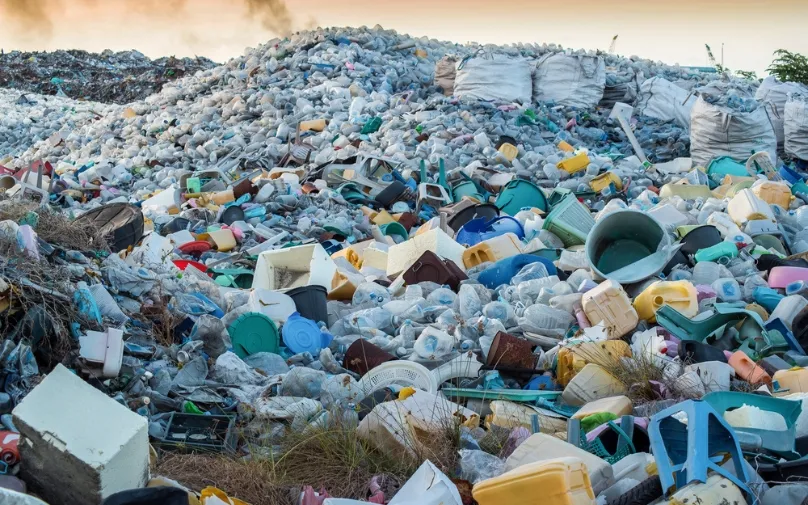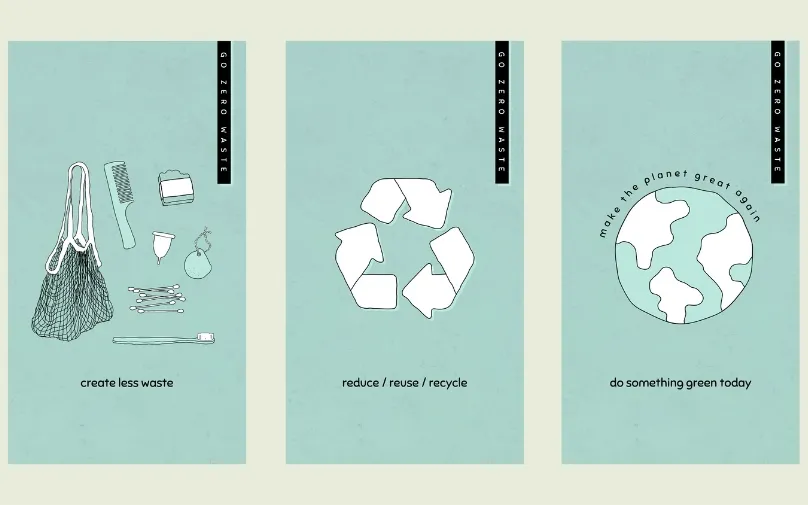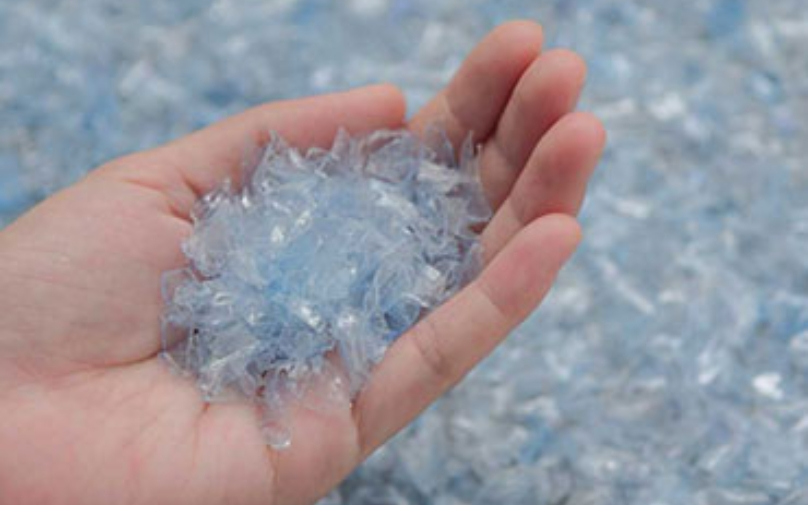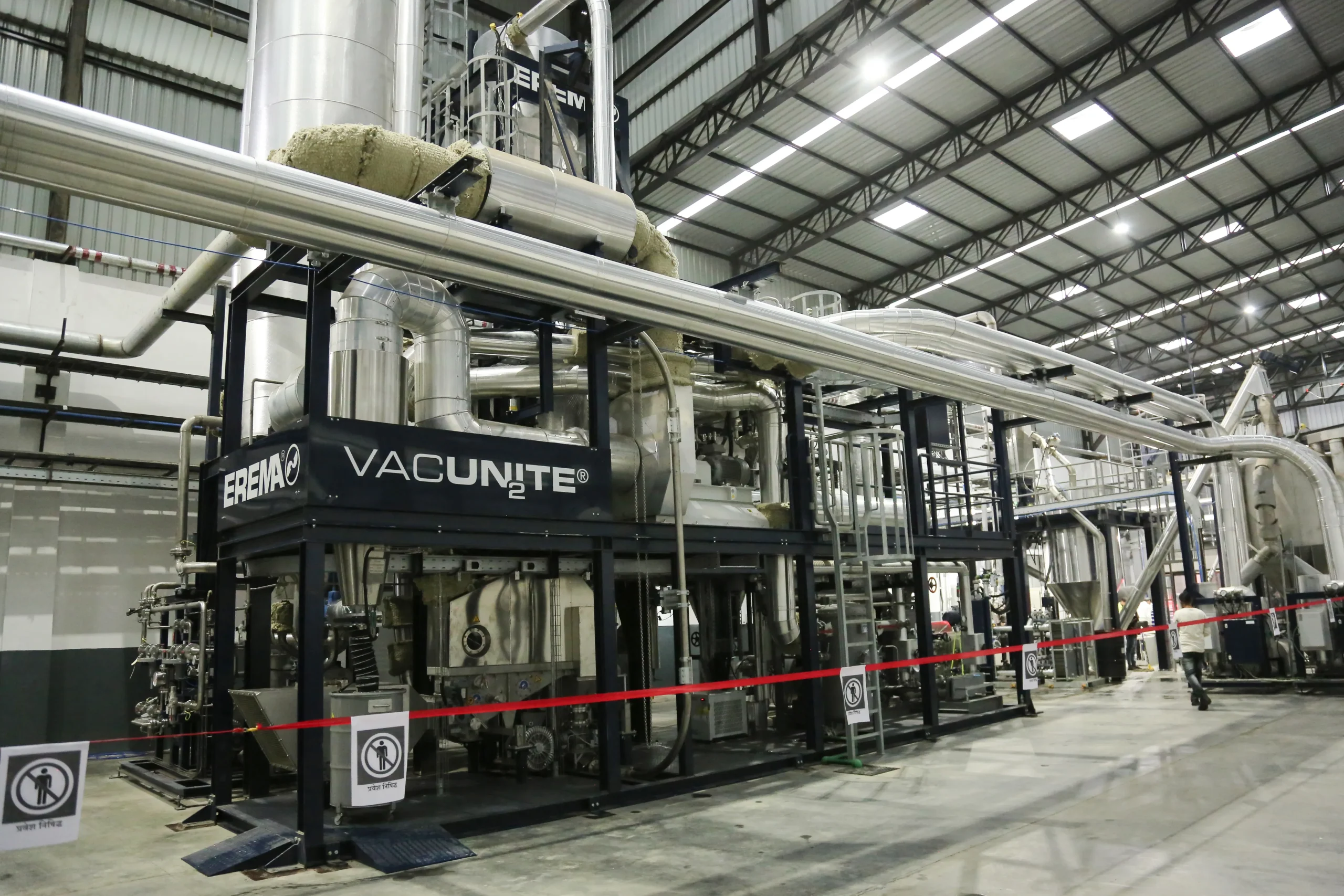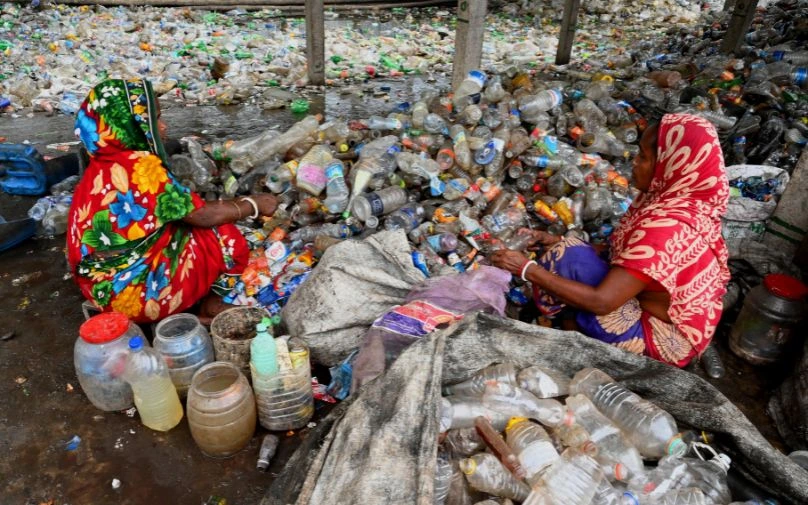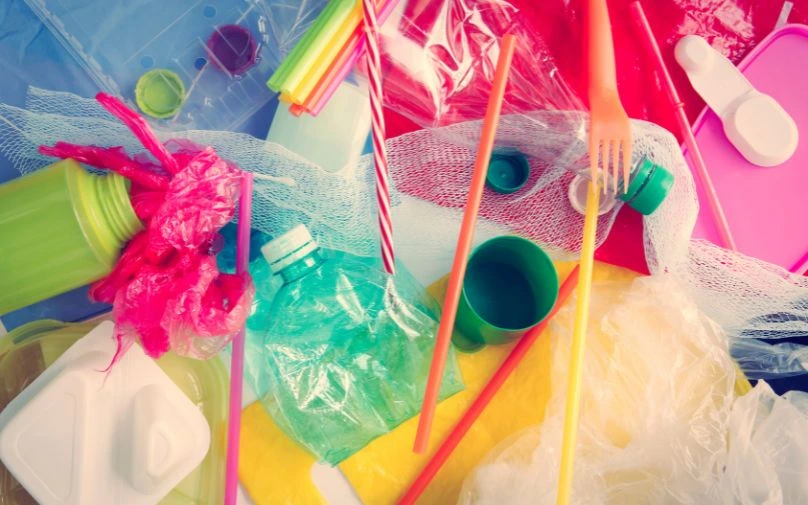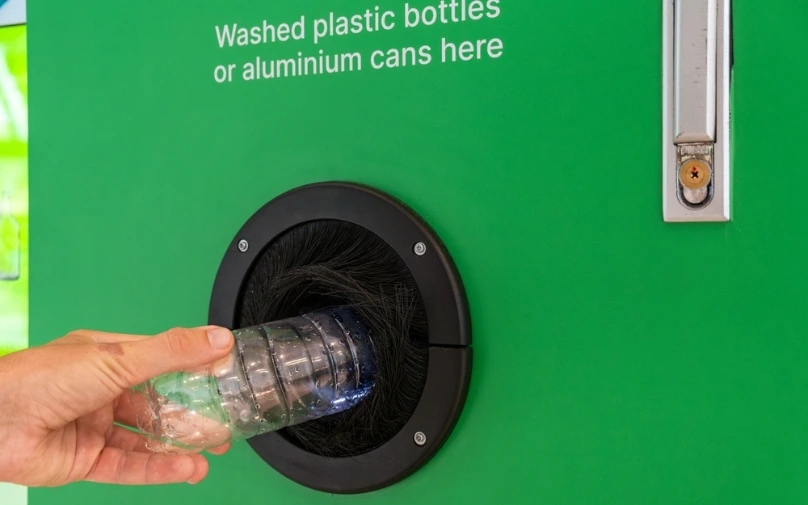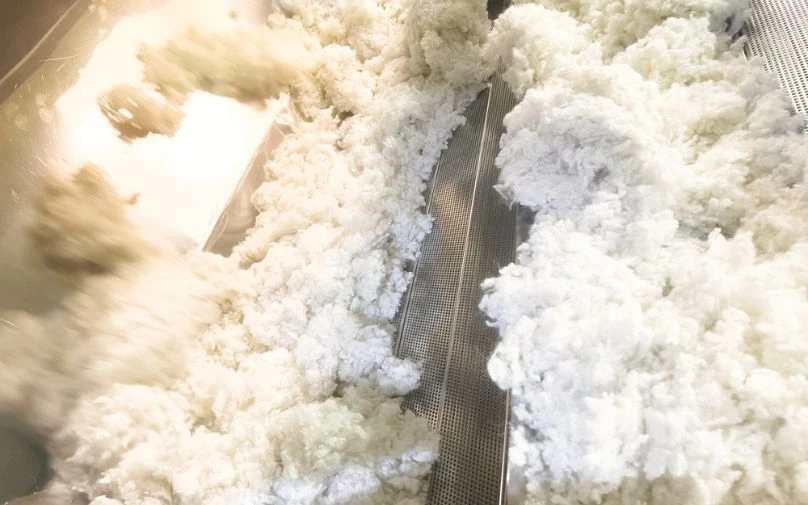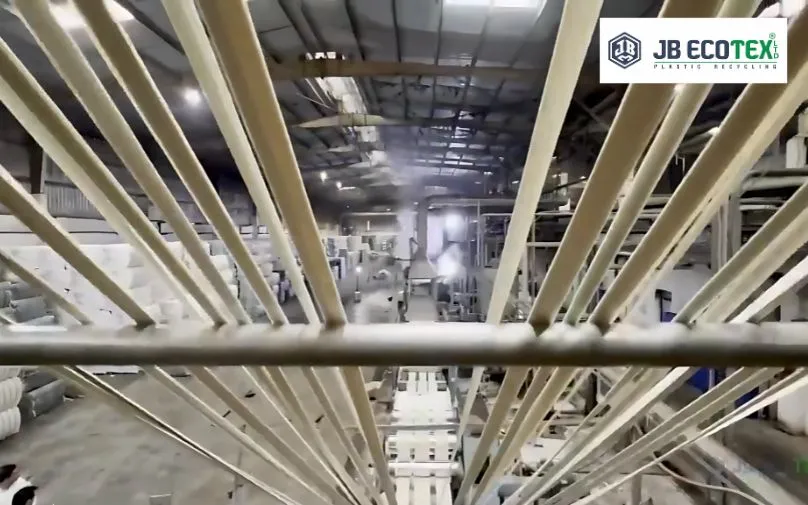
The growth of microfiber technology has been driven by the increasing demand for high-performance, sustainable textiles. Consumers are looking for fibres that not only feel luxurious but also offer practical benefits like loftiness and easy care. Microfibers tick all these boxes, making them a preferred choice for a wide range of applications.
Micro siliconised fibre is a micro denier fibre made of microfibers that are 1/100th the thickness of a hair. It’s made from 100% polyester PET chips and is available in white colours. It is available in different deniers and cut lengths, ranging from 0.8 dn to 1.5 dn and 32mm to 64mm. The silicone treatment in micro siliconised fibre (MSF) makes it soft and lofty.
The treatment involves applying a very fine layer of silicone to each individual fibre, which creates a smoother surface and reduces friction between the fibres. The smooth fibres also don’t tangle, and the spirals create additional air cushions that make the material warm and elastic. It can be used in a variety of applications, including – high-end padding, soft toys, bedding, filling pillows and quilts, and polyfill wadding.
Recycled micro siliconised fibers have revolutionised the textile industry with their exceptional properties. The ultra-fine nature of these fibres, combined with their recycled origins from materials like plastic bottles, allows manufacturers to create fibers that are not only incredibly soft, breathable, and durable but also environmentally friendly. These qualities are highly sought after by consumers today, who prioritise both comfort and sustainability in their purchases.
But there is more to this. rPET micro siliconised fibre offers several advantages over its counterparts when used in cushions, duvets, comforters, and quilts:

Sustainability: rPET (recycled polyethylene terephthalate) is made from recycled plastic bottles, contributing to reducing plastic waste and promoting a circular economy. This makes it an environmentally friendly choice.
Softness and Comfort: The micro siliconisation process enhances the softness and loftiness of the fiber, providing a luxurious feel similar to down feathers. This ensures a comfortable and cosy experience for users.
Durability: Compared to other natural fillings, rPET MSF is often more durable and resilient. It maintains its loft and shape over time, ensuring long-lasting comfort and support for cushions, duvets, comforters, and quilts.
Easy Care: Products filled with rPET micro siliconised fiber are generally easy to care for and can often be machine washed and dried without losing their loft or shape, which is not always the case with natural fillings.

In terms of industry leaders, companies like Reliance have been at the forefront of developing and utilising micro siliconised fibres in their products. For example, Reliance’s MSF (Recron) are known for their exceptional softness, warmth, and lightweight properties, making them ideal for use in bedding and clothing.
In India, the demand for micro siliconised fibres is closely tied to the burgeoning textile industry, which prioritises the production of high-quality fabrics meeting global standards. Supported by initiatives such as “Make in India” by the government, aimed at enhancing manufacturing and international competitiveness, the sector is experiencing significant growth.
As a frontrunner in eco-friendly polyester staple fibre manufacturing, JB Ecotex plays a pivotal role in meeting this demand. With a workforce of over 1,000 employees, we are renowned for our commitment to regenerative practices and recycled materials. Our combined annual capacity of 72,000 MT for rPSF and rPET flakes underscores our dedication to sustainable production.

